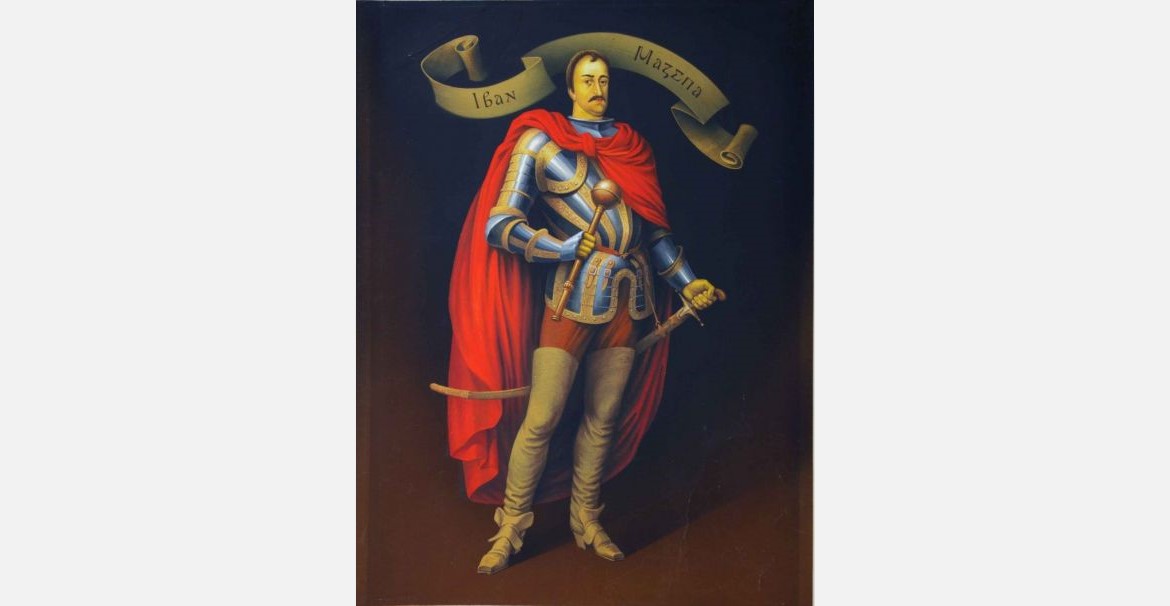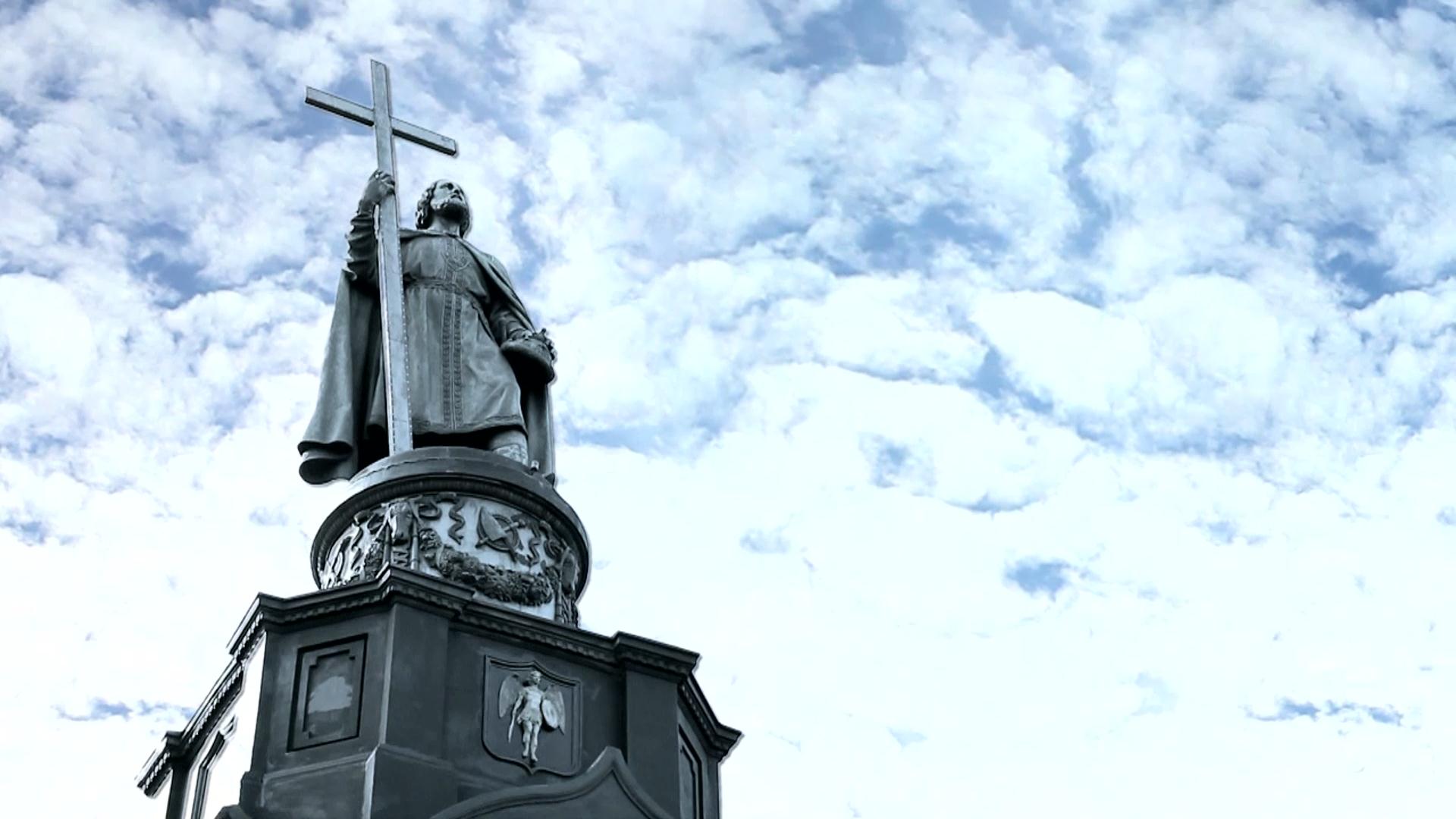With the Orthodox Church of Ukraine (OCU) receiving the tomos of autocephaly from the Universal Patriarch Bartholomew, the religious balance in Ukraine swings away from Moscow to Kyiv, with the Russian Orthodox Church - Moscow Patriarchate (ROC MP) losing many of its current positions and the OCU becoming a sign of Ukraine’s increasing independence from Moscow.
But a development two weeks ago, little noticed then but a matter of concern in Russia now, may give the new OCU even more clout and power not only within Ukraine but vis-à-vis Moscow in the Orthodox world. And that is this: the head of the 4.5 million Uniates suggested his church, which is Orthodox in practice but subordinate to Rome, should ally with the OCU.
On December 18, the head of the Greek Catholic Church, as the Uniates are known officially, sent a letter to incoming OCU head Metropolitan Epiphany
proposing that the two churches work closely together and thus begin “together the path to unity and truth.”
“Although today we are not in complete eucharistic community, we are called upon to jointly overcome the obstacles which stand on the path to unity,” Uniate Archbishop Svyatoslav said. Noting their common roots, he said that he was “extending his hand in the name of our Church to You and to all Orthodox brothers.”
The archbishop added that in his view, “the future of Ukraine depends on Church unity.” Ukrainian outlets not surprisingly are thrilled by this given that the Uniates are concentrated in the western portions of Ukraine and tend to be more nationalistic than many of the Orthodox in the east.
But for precisely that reason, Russian commentators are worried about this possibility, with Yevgeny Chernyshov of the Nakaune news agency professing
in an article today to see this as the work of the Vatican and very much directed against the Russian Orthodox Church and Moscow’s interests.
Whether anything will come of this remains to be seen, but if the Uniates do unite with the OCU, that will make the latter not only overwhelmingly the largest church in Ukraine but one with links to Rome as well as Constantinople, both of which will make the new church vastly more important and vastly more of a threat to Russia than it would otherwise be.
Further Reading:
- New chances, new risks. Where Ukrainian Orthodoxy stands on the eve of independence
- A short history of the Ukrainian Church: infographic
- Ukrainian autocephaly destroys ideological foundation of Russian empire, Espresso says
- Old wine in new bottles: how bad habits derailed Ukrainian Church unification – interview with Cyril Hovorun
- ‘A church without Putin, without Kirill, and without prayers for the aggressor’





